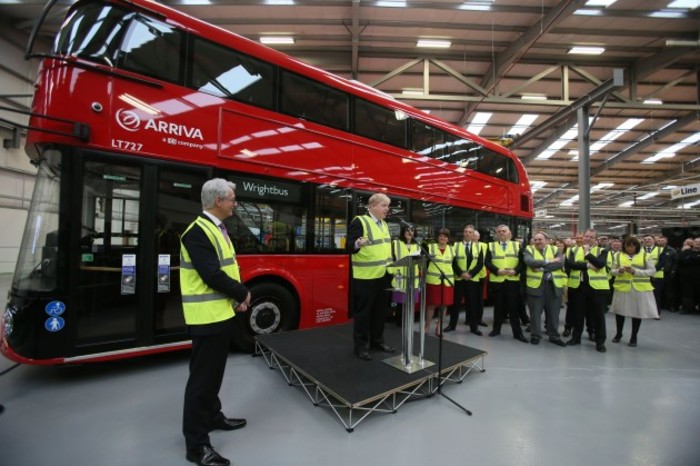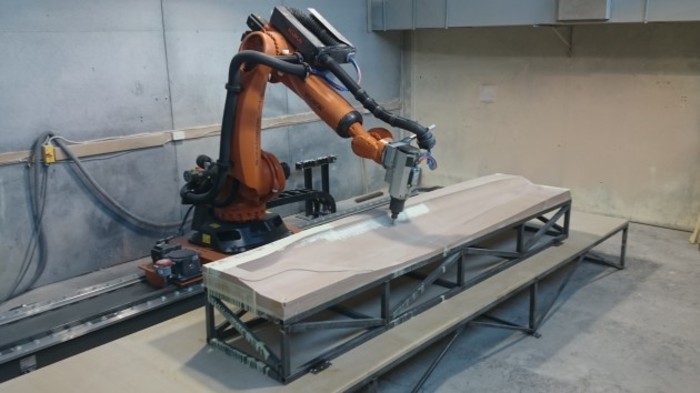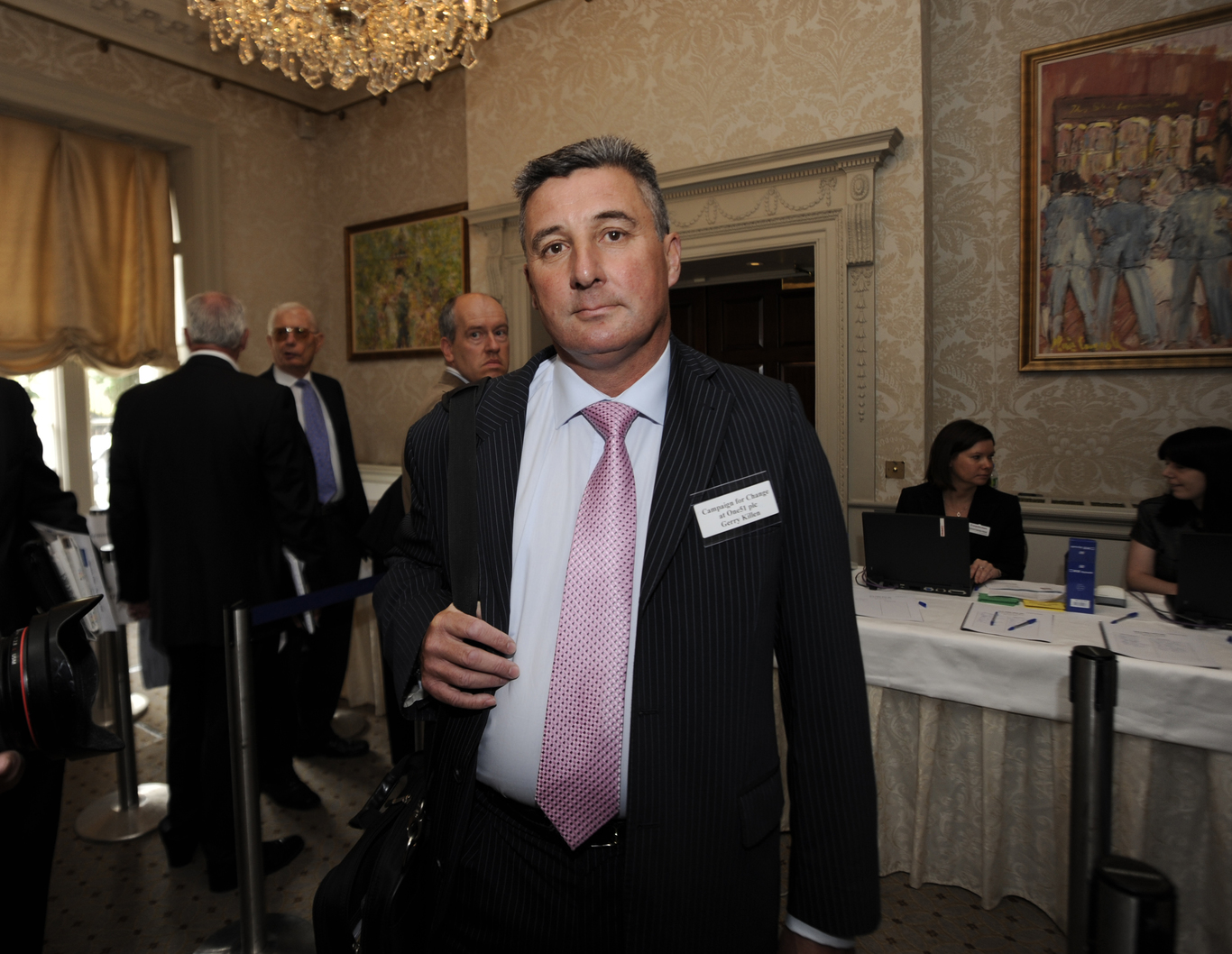'Like being in a swimming pool with Jaws': A Meath plastics firm calls in the liquidator
Brexit and losing a major customer took their toll on Global Green Composites.
MEATH PLASTICS MAKER Global Green Composites has been put into liquidation after losing its biggest customer during the Brexit vote fallout – a situation managing director Gerry Killen likened to “being in a swimming pool with Jaws”.
Killen told Fora that the Enterprise Ireland-backed firm was being wound up after the firm lost the deal to supply Northern Irish bus builder Wrightbus – although there was still hope of rescuing at least part of the company.
When Killen and his wife, Sara, took over Slane-based Global E Scrap in 2012 and rebranded it as Global Green Composites, the plastic parts it supplied to Wrightbus accounted for 80% of the company’s overall sales.
“We got it down to just over 50%, even though they kept giving us more business,” Killen said.
Global Green makes composite plastics that are used for a wide range of applications. The firm has made bumpers for Bus Éireann and manufactured roof panels for temporary buildings at the London Olympics.
Last year, the company booked sales of €1.7 million, of which €700,000 came from Wrightbus.
That was down from 2014′s figure when the bus-maker accounted for €1.8 million of total sales of €2.3 million. Global Green still recorded a near-€100,000 loss that year.
The Wrightbus sales figure went to zero this year when the customer moved parts production in-house to its Ballymena plant and ended its relationship with Global Green.
“Unfortunately if you lose that kind of volume of your turnover it’s like being in a swimming pool with Jaws,” Killen said.

New investment
Shareholders have put more than €520,000 into Global Green since April 2016 to allow it continue to trade, according to documents presented to the liquidator.
The company had previously taken on €200,000 in investment from Enterprise Ireland, amongst other backers.
A new equity investment had been lined up, but the deal fell through in June of this year, Killen said.
“We’re directors of the company, we’re shareholders, we have to take our responsibilities seriously. If we felt we couldn’t pay our way going forward, which became clear once that deal collapsed, then we had no choice but to call in the liquidator.”
Nevertheless, with “the blessing of the liquidator”, Global Green is hoping to secure new investment to save the business.
“We’re trying to keep the business in the A&E room, so to speak,” Killen said. “Everything is done here. The production facility is top-class, we’ve got a very experienced workforce.”
At its peak, the company employed more than 60 people. This figure had halved by the time the company went into liquidation.
The company has over the years put a significant amount of money into equipment, including a state-of-the-art robotic arm used to manufacture prototypes from three-dimensional drawings.
 Global Green's 7 Axis robot
Global Green's 7 Axis robot
Killen also said Global Green has a strong order book, but many of those deals won’t kick in until September.
“We have some lovely clients in Ireland, people who make all sorts of off-road vehicles and agricultural equipment,” he said.
“It’s a growing market. This is the sad thing. Our order book has never been stronger, but unfortunately we have to deal with the problem we have right in front of us.”
Brexit
Brexit has also played a part in Global Green’s difficulties, Killen said, since 75% of its revenues come from Northern Ireland and mainland UK.
“The decline in the value of sterling basically eroded our margin, just as it did for the mushroom guys, a lot of whom have gone out of business,” he said.
“Anybody who’s doing business into the UK has to be worried about margin because you cannot have a 20% swing (in the value of sterling) and still make money. It’s not possible unless you’re a dot-com.
“Brexit caused major uncertainty and it just eroded (sales) on a continuous basis. It was like trying to have a swim on the Dollymount Strand with the tide going out – we just couldn’t keep up with it.”
Global Green has looked to diversify its business over the years but winning new clients is a slow process in the composites business.
“I’ve got a major client who makes rock-crushing equipment,” Killen said. “We’ve been two years with them from the initial contact and we’re still involved in prototypes. It’s slow.”
For now, the company is focused on securing new investment so the business can continue in some way.
“There are two doors in the A&E room: one says ‘morgue’, the other says ‘recovery’,” Killen said. “Notwithstanding the very painful losses for all concerned, our clients are very anxious that we continue as a business. Our suppliers are very supportive.
“I’m a realist. What we’re trying to do is to reboot a business here that is viable that has the correct spread of clients.
“If we’re successful, we’ll know in the next couple of weeks. If we’re not, it won’t be for the want of trying – that’s for sure.”






